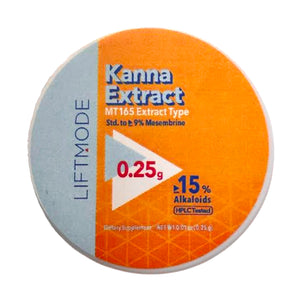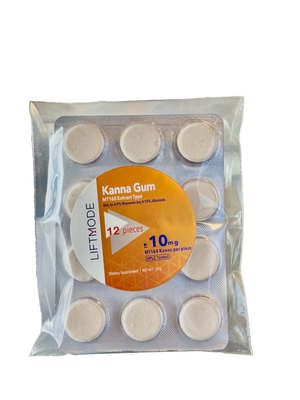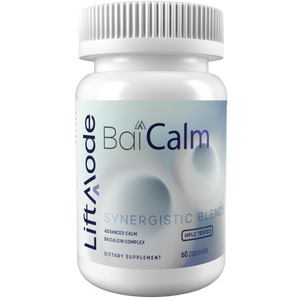A Brief History of Pepper
Black pepper has been used by human societies for at least 4000 years, with the earliest recordings of its use occurring in India.[2] Importantly, the lost city of Muziris in the Indian region of Kerala is frequently mentioned in history books as an important place for the export of pepper.[3] Even thousands of years ago, black pepper was a frequently traded commodity and may even have been used as a form of currency in some cultures. In ancient Egypt, black peppercorns were found in the nostrils of the mummified pharaoh Ramesses II.[4] It had been used in Greek and Roman cultures since around 30 BCE, where it was a highly valuable spice and was probably only available to the very wealthy.[5] In China, black pepper has been used for around two thousand years, although it was originally called ‘foreign pepper’ because China has its own unique species of pepper. In terms of its use in traditional and folk medicine, records go back to around the 5th century, where it was believed to cure a large number of illnesses, including constipation, insomnia, abscesses, sunburn and toothaches, among others.[6] Some historians note that pepper was used to cure ailments of the eyes, by pouring remedies made from pepper directly into the eyes – a painful and ineffective medicine to say the least! In modern times, black pepper is the world’s most traded spice and is common to dishes from every corner of the Earth. Vietnam is the world’s greatest producer of black pepper, producing around 34% of the global supply, with other major producers including Indonesia, India, and Brazil.[7] Recent interest in the nutritional qualities of black pepper has sparked a new wave of scientific research into its properties. Black pepper contains moderate concentrations of vitamin K, iron, manganese,[8] and - of course – Piperine!What is Piperine? How it works in the body.
Piperine is the active biochemical component in Black pepper and was first isolated in 1819 by a scientist called Hans Christian Ørsted. [9]Although Piperine isn’t known for its benefits when taken alone, it is very useful for increasing the absorption and uptake of a variety of dietary supplements, especially Curcumin and green tea catechins.[10] It is known to increase the bioavailability of curcumin by up to 2000%![11] So, this extract from the Piper nigrum spice is best used to improve the bioavailability of dietary supplements and other compounds that are usually difficult for the body to absorb. Piperine works to improve the absorption and uptake of dietary supplements in two key ways: [caption id=""attachment_3001"" align=""alignright"" width=""300""]- Inhibits phase 2 detoxification enzymes in the liver.[12] These enzymes are responsible for a biochemical process called ‘glucuronidation’, in which a chemical ‘tag’ is added to a foreign substance, which marks it and tells the liver to excrete it in urine. By preventing this ‘tagging’ process, Piperine allows supplements like curcumin and green tea catechins to be absorbed by the body before they’re removed by the liver.
- Slows the rate of intestinal transit. This means that supplements spend a long time in the intestines, giving them more time to be better absorbed.[13] At larger serving sizes, there is evidence that Piperine can induce the secretion of more gastric acid, further assisting absorption in the intestines.[14]
Best Supplements to use with Piperine?
Since Piperine helps to increase the bioavailability of supplements, a natural question is: ‘what are the best supplements to take with Piperine?’. Unfortunately, not that many dietary supplements have been scientifically tested to see how much better they are absorbed when taken with Piperine. However, any supplement that is water soluble and that is metabolised in the liver should, theoretically, have an improved bioavailability when taken with black pepper extract. Our list of the top supplements to take with Piperine includes:- Baicalin
- Green tea extract
- Berberine HCl
- Magnolia Bark Extract
- Curcumin
Warnings when Using Piperine
When taken at the recommended serving size, there is little evidence of any side effects from black pepper extract. Bear in mind though, it is a highly potent natural plant extract and should be taken responsibly. There have been limited studies on large servings, and it is not recommended to exceed the suggested serving size. There is limited research into safety for pregnant and nursing women. If you have any underlying medical conditions, speak to your doctor before using this supplement. IMPORTANT: Piperine inhibits enzymes in the liver that are involved in the metabolism of exogenous substances. DO NOT USE THIS SUPPLEMENT WITH ANY MEDICATION. Piperine may have dangerous interactions with medication, and should never be taken with any medication. If you’ve used Piperine, do not take any medication that day. Please speak to your doctor before using this supplement if you are taking any medication.What is Piperine? Conclusion.
In summary, Piperine is the key active compound in black pepper extract. Black pepper has been used for thousands of years as a spice and has a long history of use in traditional and folk medicine from around the world. When taken as a dietary supplement, Piperine is best known for its ability to help improve the bioavailability of certain supplements. It prevents the action of detoxifying enzymes in the liver and may increase the time taken for supplements to pass through the intestines, allowing greater ability for absorption. Piperine should never be used with medication since it has the potential to alter the way that medication is absorbed in the body. It is important to consult your doctor if you are pregnant, nursing, or have any underlying medical conditions, before using this supplement.Medical Disclaimer
Not intended to treat, diagnose, or cure any disease or ailment. Please read and fully understand potential adverse effects before using this product. These statements have not been reviewed by the FDA and are not written by a medical professional. Please consult your doctor before using any supplements, especially if you have any medical conditions.
Tristan
B.Sc. in Molecular Biology and Biochemistry Researched & written by Tristan and verified by the Liftmode.com Research Team




